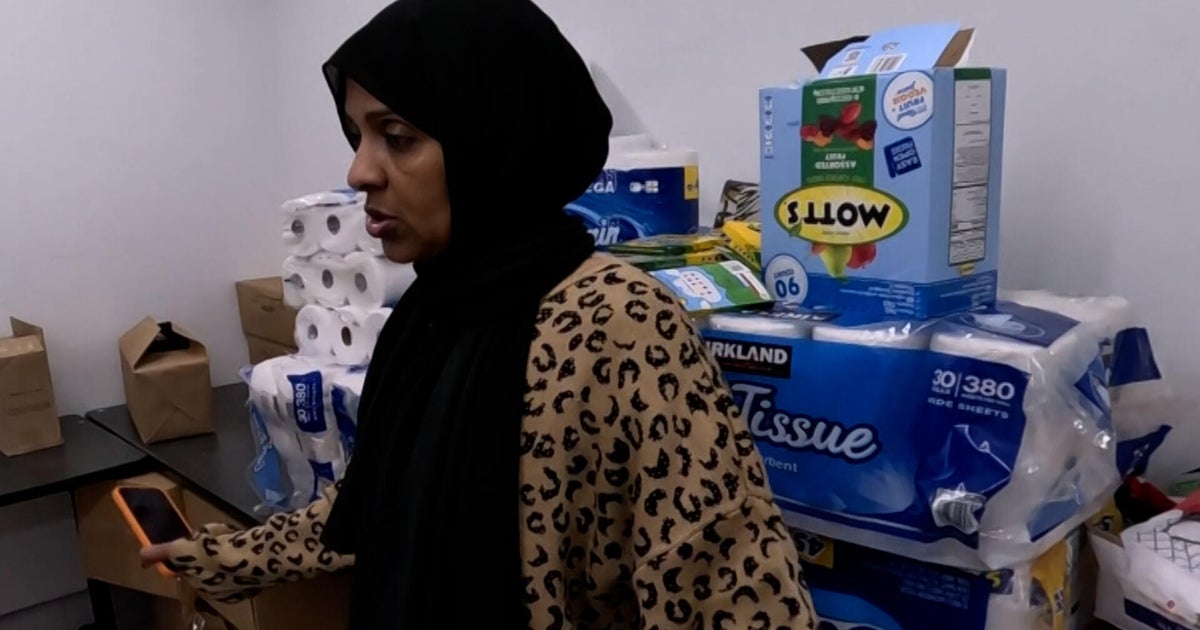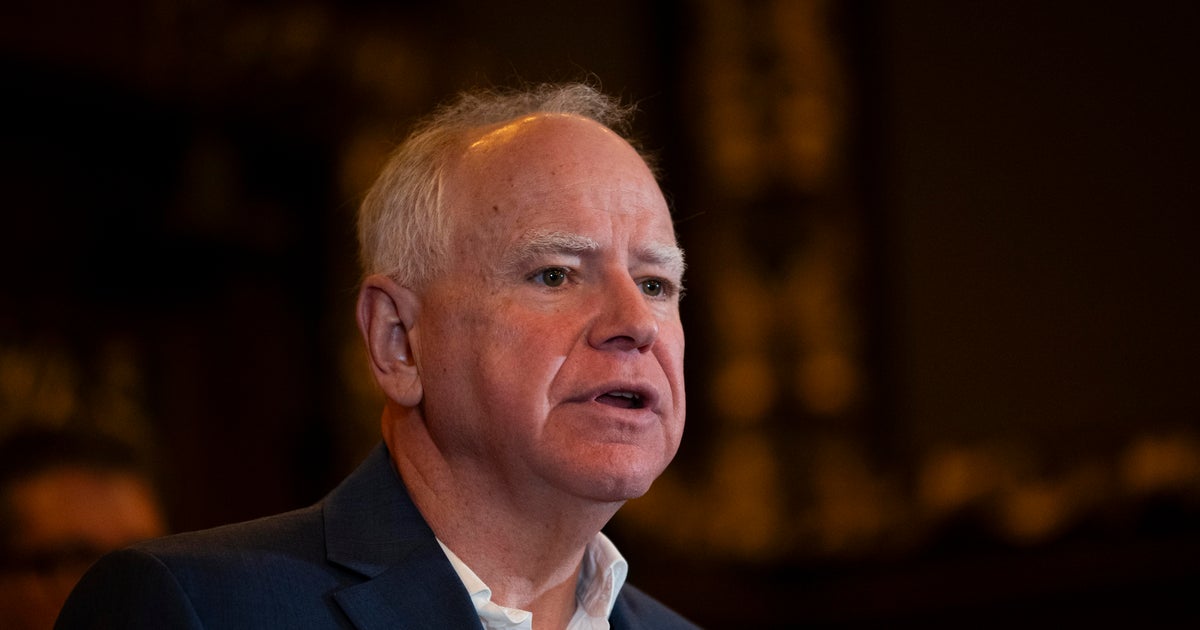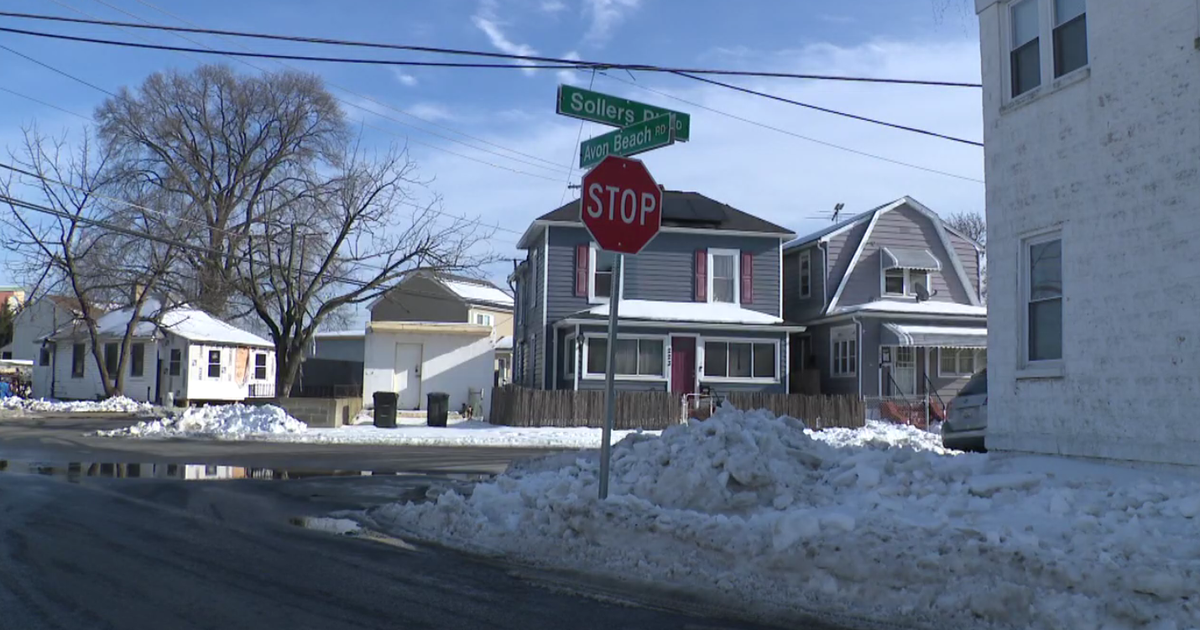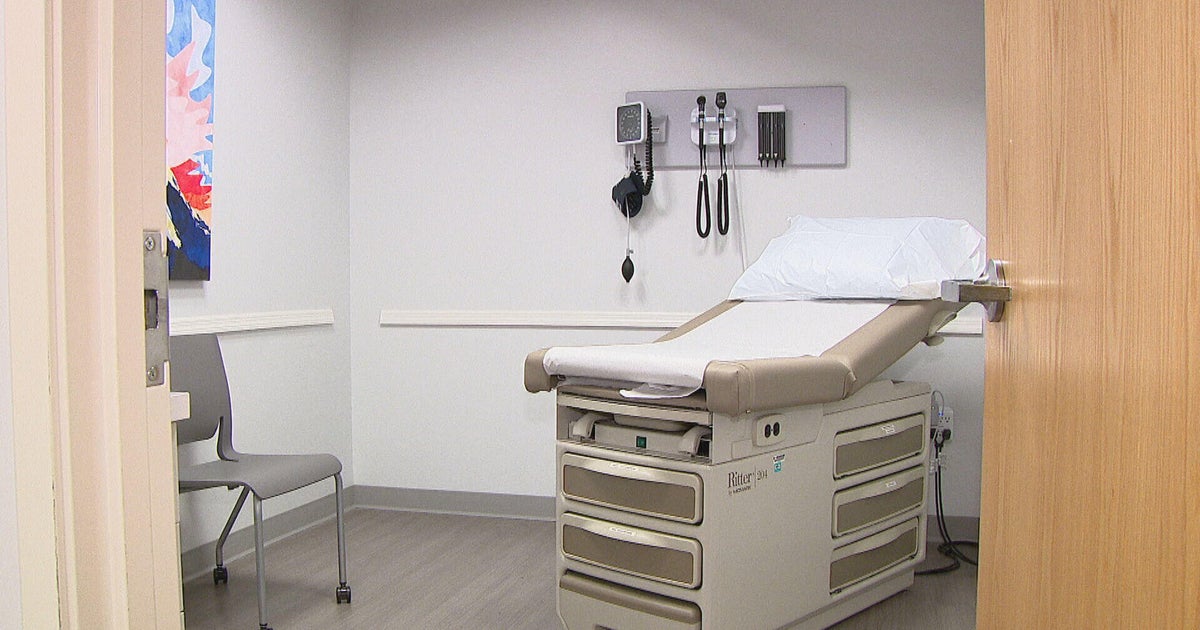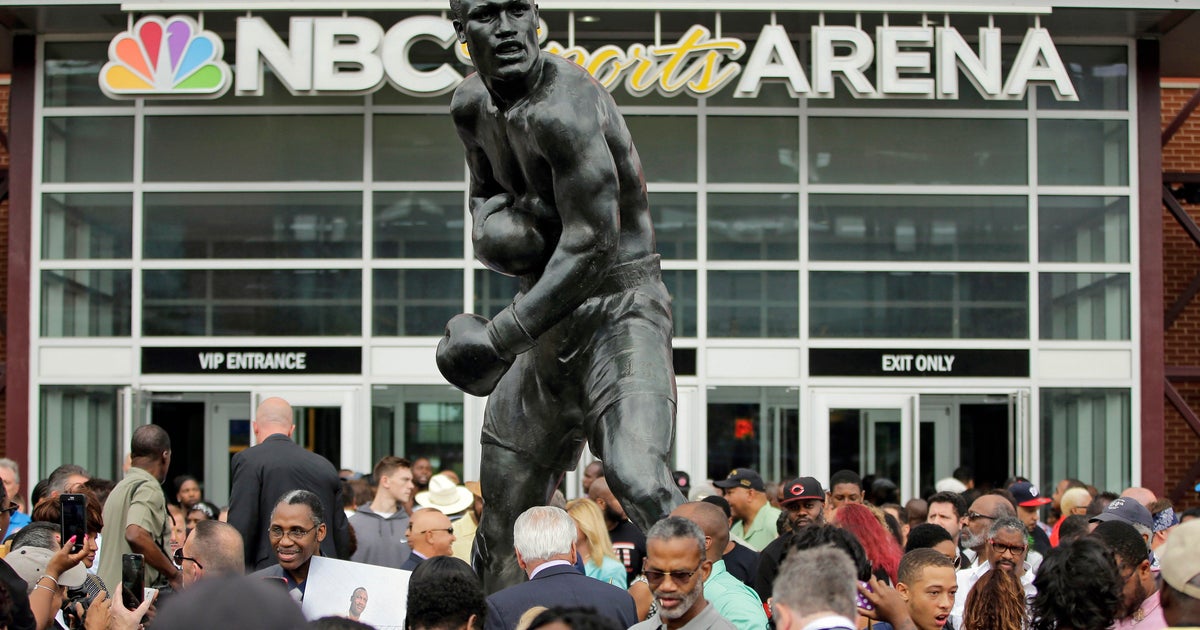Finding Minnesota: Karmel Plaza
MINNEAPOLIS (WCCO) -- Minnesota has long been a melting pot of many different cultures.
In the last two decades, the Twin Cities has become home to largest Somali population in the country.
Many in the Somali community turn to the Karmel Plaza in Minneapolis for traditional clothing, food and other goods. Known as the Somali mall, most of the customers and business owners there are of east African descent, but all are welcome.
The unassuming facade of the Karmel Plaza helps it blend into the backdrop of Pillsbury Avenue. Once inside, a bland exterior opens into a world of color and culture.
Spread out over four floors and two buildings are nearly 200 vendors, the majority of whom are Somali.
"It's more than a mall, it has everything," said Asha Ahmed, a business owner in the mall.
At every turn, vibrant hues of traditional clothing and jewelry fill the hallways.
"We have traditional clothing where we can't find in other malls," said Sabrina Seyf, a business owner in the mall.
Every imaginable business that relates to Somali culture can be found inside: everything from spices, to travel, to henna. Every day visitors of all cultures come for the custom ink to cover their hands and arms.
"The American people do hair, nails, we do that," said Fardosa Gedi, who owns a henna shop.
Many of the vendors are first-time business owners and had help opening their shops.
Basim Sabri owns the mall and often takes on some of the start-up costs for the vendors, but he also guides them through the licensing process.
"It gets paid eventually," Sabri said. "It supports other businesses in the mall. It creates traffic and creates another generation of income for businesses nearby them. It all works together."
For business owners like Bashir Dahir, who runs a travel agency and money wiring service, Basim's help allowed him to see success almost immediately.
"I was doing today a plan for a house I'm building for myself, and I didn't have that dream before. That shows where I was before and where I'm at now," Dahir said.
One of the biggest draws to the mall is the restaurants that cook up the comforts of the homeland. Goat meat with rice is a staple dish served at every restaurant.
"It reminds us of back home," Seyf said.
The Somali influence is everywhere in the mall, making it more than a place of work. It's also a place to connect.
"Every morning I wake up, I see the Somali people and I can say, 'Ah salaam, how you doing? you know,'" Gedi said.
That connection is part of the reason why Seyf opened her clothing store nine years ago.
The built-in customer base helps her business grow. Sabrina is the designer of all her clothing items.
"This is my dream, and hopefully I'll expand to more," Seyf said.
But beyond the business, the time spent within this community helps her hold on to her heritage.
"It kind of reminds me of my culture, religion, all the time so I don't lose it," Seyf said.
Young Somali entrepreneurs have learned to walk that balance of past and present.
Abdullahi Somo opened a restaurant last year. His menu combines tradition and other ethnic influences to appeal to all customers.
"This is mainly a Somali mall where most business owners and customers are Somali," Somo said. "In order for you to do well, you have to be able to appeal to young and elderly folks. It's important to have both."
Asha Ahmed is also seeing a change in her clientele.
At her coffee shop, she sells teas and coffee, which are popular among the Somali community; but she's noticing other ethnicities are developing a taste for the traditional Somali drinks.
"They'll come in, their mouth will drop, and they'll say, 'Wow, I haven't seen this before,'" Ahmed said.
She is now preparing to open a new candy and ice cream shop, and her products will have some American influence. She says she'll sell several candies popular in the United States.
Yet, small differences don't take away from what many consider the pulse of this community.
"You feel comfortable, you feel like family, all are family here," Gedi said.
For visitors willing to open themselves to a new experience, Gedi says they'll be met with a willingness to share this culture.
"Every people come here, every culture come here," Gedi said. "It's not just Somali."
There is also a mosque and school on top of the mall. It's open 24 hours a day.
